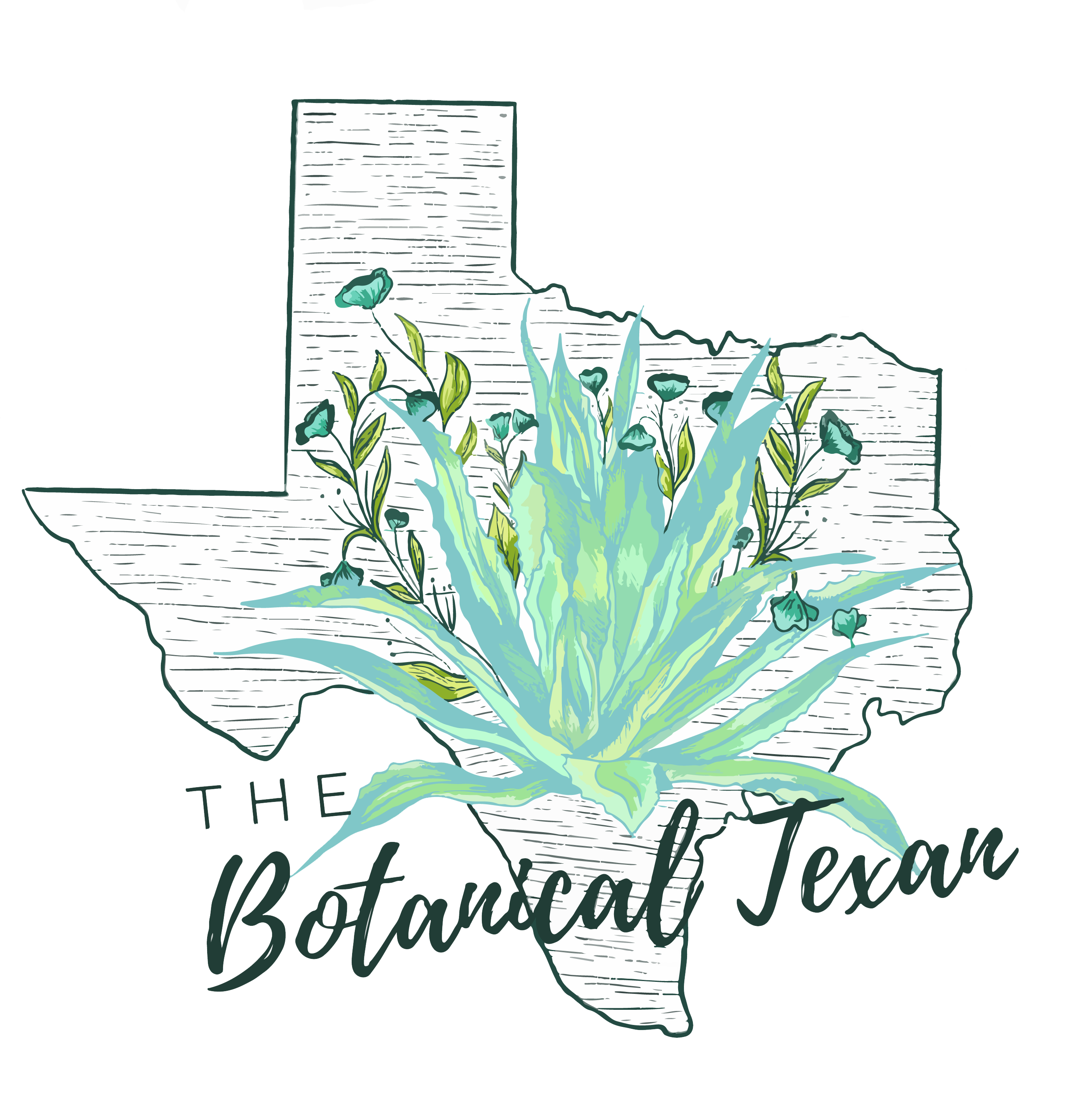
“Sweetie, how are you planting flowers in this weather? It must be freezing!”, my grandma says over the phone. Oh, grandma… I can’t help but laugh. The truth is, my grandma is not alone on not knowing what is landscape architecture truly. I choose a career path that requires explaining, and I’m ok with that. I recently realized that while I may blog about Landscape Architecture frequently, I’ve never truly sat down and explained what it is I do!
What is Landscape Architecture
How to define landscape architecture is always hard. Our profession wears many hats, so trying to nail down a simple way to explain it can be difficult! According to the American Society of Landscape Architects, “Landscape architects analyze, plan, design, manage, and nurture the built and natural environments”. While this is a great definition, many people still align what I do as more hands-on with plants. Personally, when I try to explain what my field is, I say “we are similar to civil engineers, but we make things look pretty”. Not necessarily accurate, but we do work very closely with civil engineers, and this often gives people the “Ah-ha!” moment where they better understand landscape architecture.
Landscape architecture is something everyone has experienced. In fact, I can 100% guarantee you probably interacted with something that a landscape architect worked on today. “Michelle, you’re silly. COVID is going on, and I haven’t left my house all day”. True, but your house or apartment definitely had a landscape architect work on the development of the plans! In fact, I’ve helped with several multi-family developments now! Our roles in protects like that can be anywhere from helping with the lot layout, planting design, water drainage design, amenity design, and sidewalk layouts. We do a lot!
In fact, I have complied a list of several types of projects we work on. This is by no means comprehensive, but it’ll give you a taste of what is landscape architecture.

How to Become a Landscape Architect
Technically, I am not a landscape architect. I am a landscape designer, who is studying for my board exams to become a registered landscape architect ( I take my first one in December and would greatly appreciate prayers). Landscape architects generally hold a bachelor’s or master’s degree in landscape architecture from an accredited university. However, once you graduate, you still can’t call yourself a landscape architect. You must get a license first!
Depending on the state you are working in there are different requirements. However, all states require a few basic prerequisites. These include a degree, years of experience working under a licensed professional, and passing the L.A.R.E exam. The L.A.R.E is comprised of 4 exams that test your knowledge over Project & Construction Management, Inventory & Analysis, Design, and Grading, Drainage & Construction Documentation.
Of course, the most unspoken rule about becoming a landscape architect is the countless sleepless nights you endure in college… Joking… or am I?

How a Project is Developed
Landscape architecture doesn’t just happen. There are many steps to get a project from an idea to a real, built environment:
- First, a client will approach a firm about a project. Typical clients include cities, land developers, homeowners, civil engineers, and architects.
- Next, we listen to what the client or community wants out of the space.
- After hearing the desired programming for a space, we begin creating concepts. Those concepts will get refined until the client is happy with the end product.
- Once the design is all ironed out, construction documents are developed so that the project can be built.
- The final step is building the design.

There you have it! A brief rundown of what is landscape architecture! I love working in the field. Plus, I work for an amazing company, so that is the cherry on top! You no longer have to ask yourself “what is landscape architecture” every time that I mention it!
You can email or message me on Instagram if you’re interested in learning any more about landscape architecture! I’d be more than happy to share about the best profession ever (totally not biased…).












